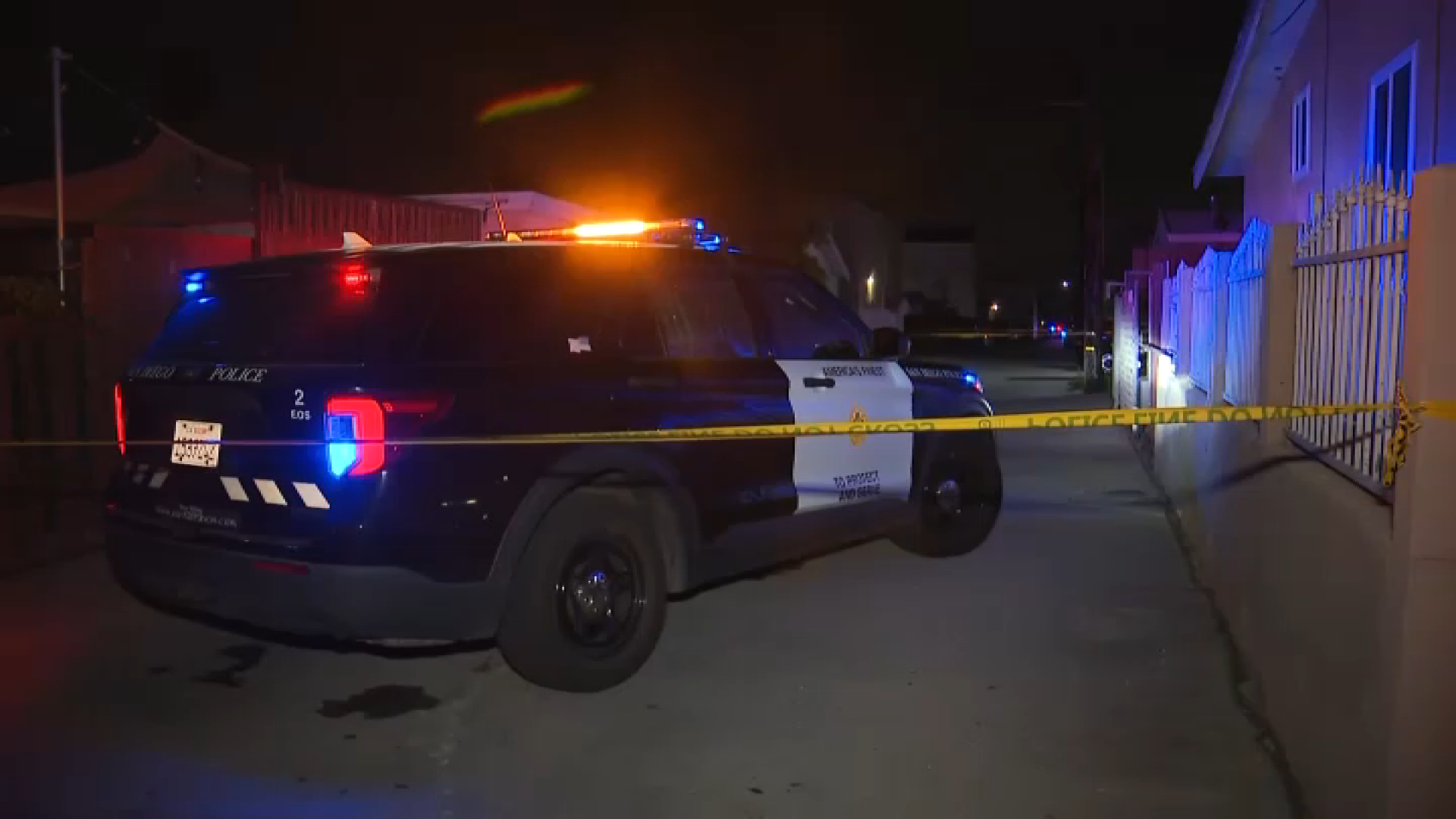Since schools closed, a lot has been said about distance learning, also known as learning remotely from home. Imagine, then, the challenge for students with special needs.
The Murfey family has not seen anyone outside their circle since March 13, because fourth grader Laird, who has cerebral palsy, is one of the medically fragile people who especially do not want to get the coronavirus. Before the pandemic, Laird’s mother, Melissa Murfey, had a caregiver who fed and dressed him, and went to school with him. Now, Laird’s caregiver cannot come inside the home, so Melissa does the job.
“It’s a lot of lifting and transferring,” Melissa said, “It’s tricky because it usually wasn’t all on me. He’s 50 pounds and getting bigger by the minute.”
It’s a lot of lifting and transferring. It’s tricky because it usually wasn’t all on me. He’s 50 pounds and getting bigger by the minute.
Melissa Murfey, Laird's mother
Melissa said she's waiting for authorization from her insurance to get Laird’s physical therapy, speech and occupational therapy done remotely. Laird, who has physical disabilities, is bright, using his computer to communicate.
“This is very difficult for me,” Laird writes, “I don’t have PT. My family has been helpful to me, because we don’t have help anymore.”
The pandemic has been difficult, too, for Carlos Flores, who is the executive director of the San Diego Regional Center, which contracts with the state to provide services for 32,000 people with developmental disabilities in San Diego and Imperial counties. That includes 13,000 children who, like Laird, are no longer in school and now need services provided remotely.
Local
“I’ve been doing this for 42 years,” Flores said. “This is the most surreal, stressful time in those 42 years.”
The Murfey family has found creative ways to keep Laird safe and engaged.
For example, he connects on the computer with his caregiver, who helps him with his schoolwork so that he doesn't fall behind. A family friend who is a musician, Zach Barnhorst, also works with Laird remotely on songwriting. Laird’s mother said that Laird loves to write music and listen to music.
Melissa said that she feels for families with special needs children on the spectrum –- with attention or behavior difficulties, where virtual learning can be tough.
"At some point you have to let some stuff go," Melissa said. "If we don’t get all the laundry done ... whatever. I’m just not worried about it.”
Melissa said that she and family are staying positive through these difficult times.



